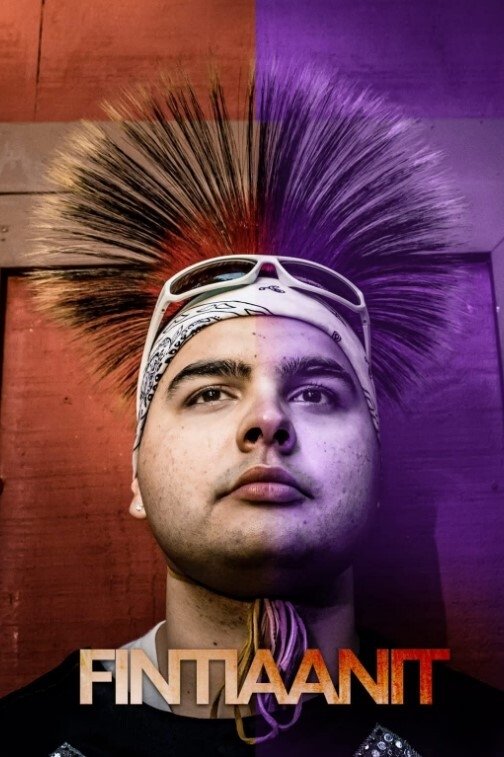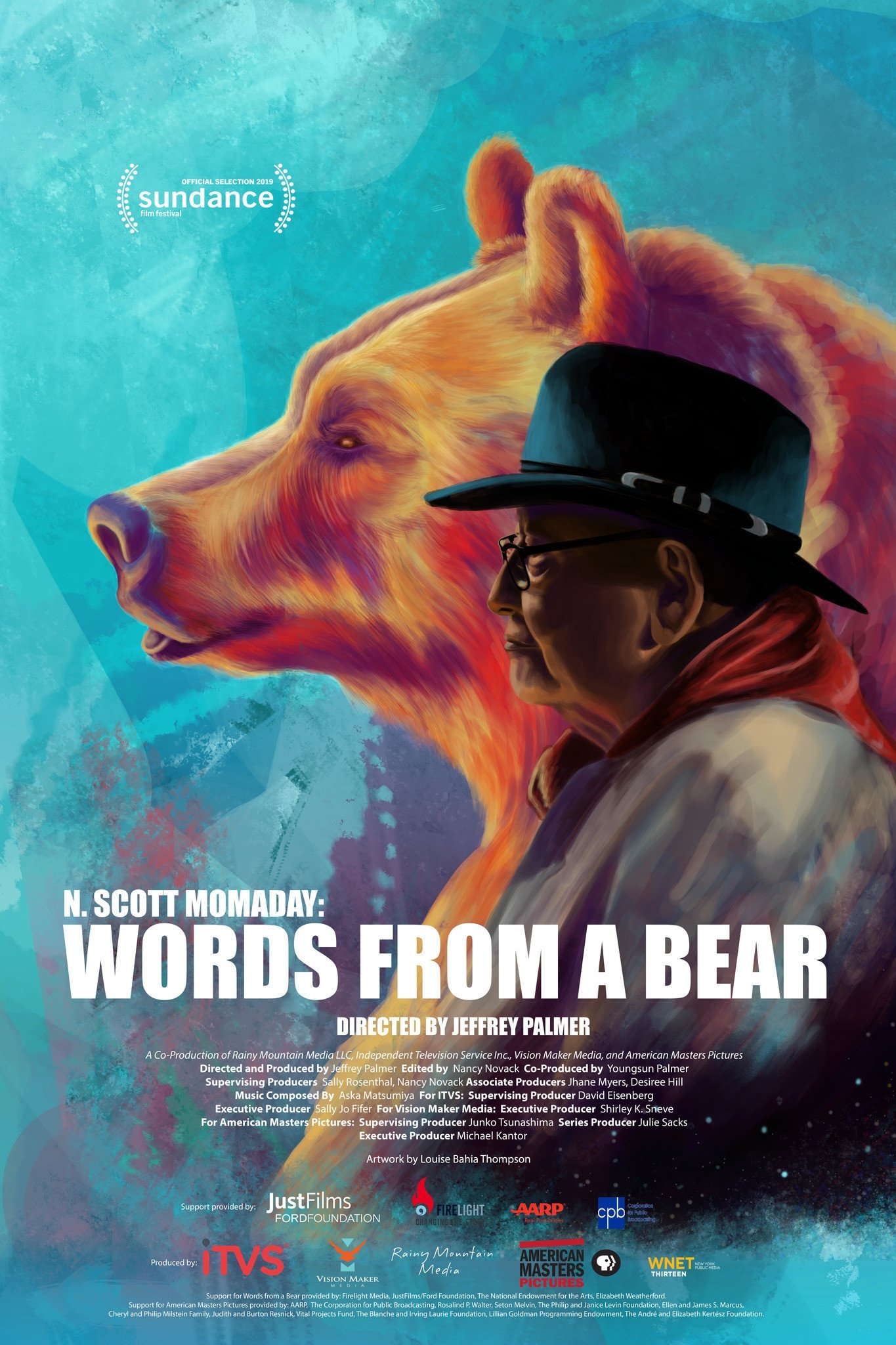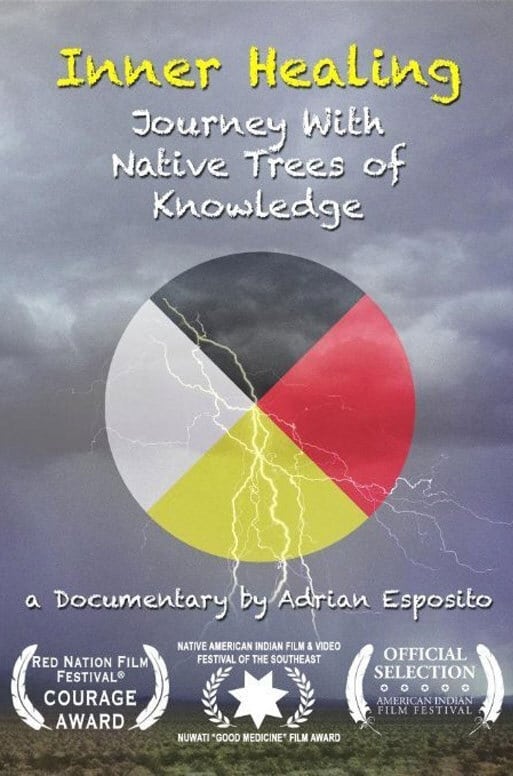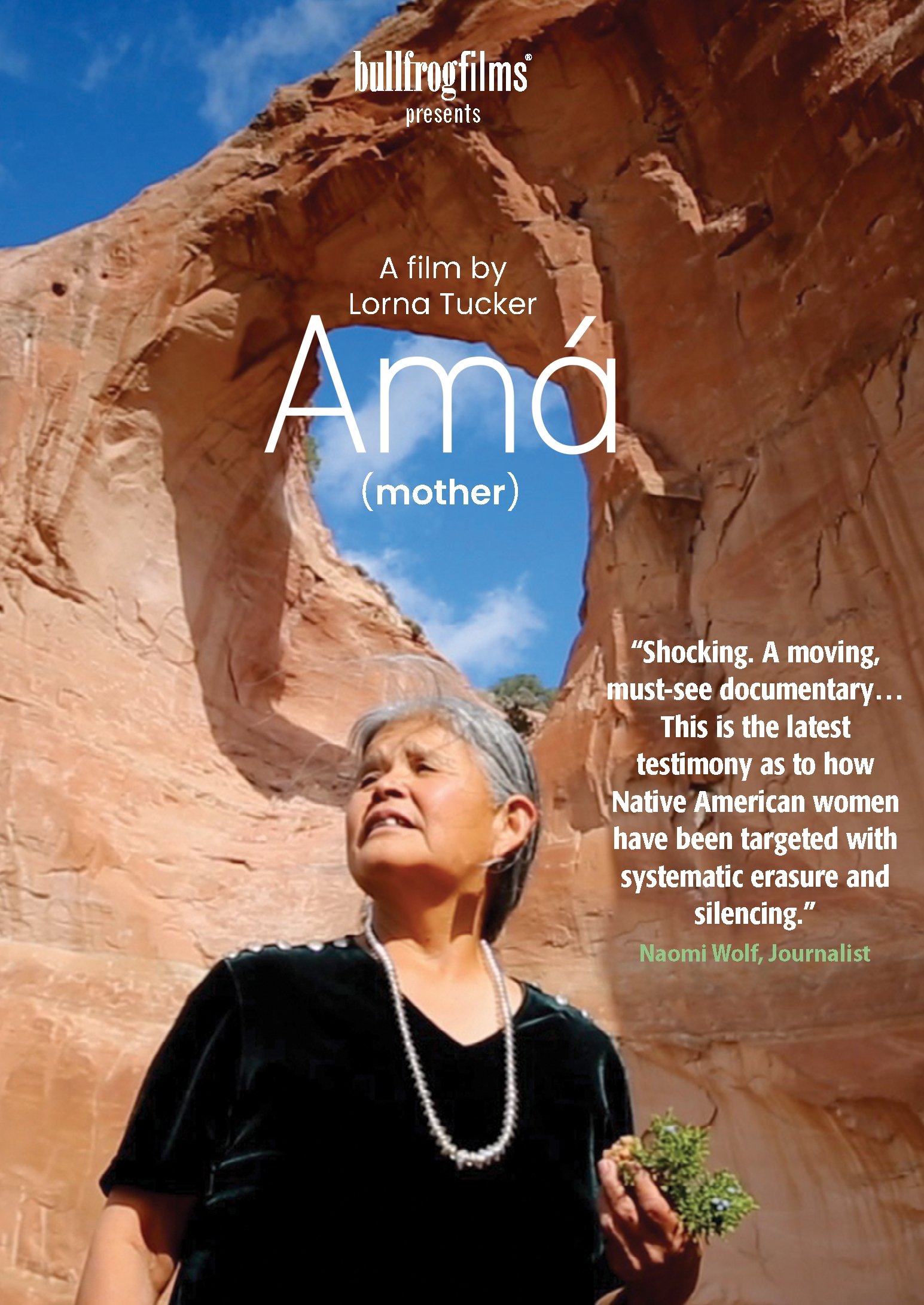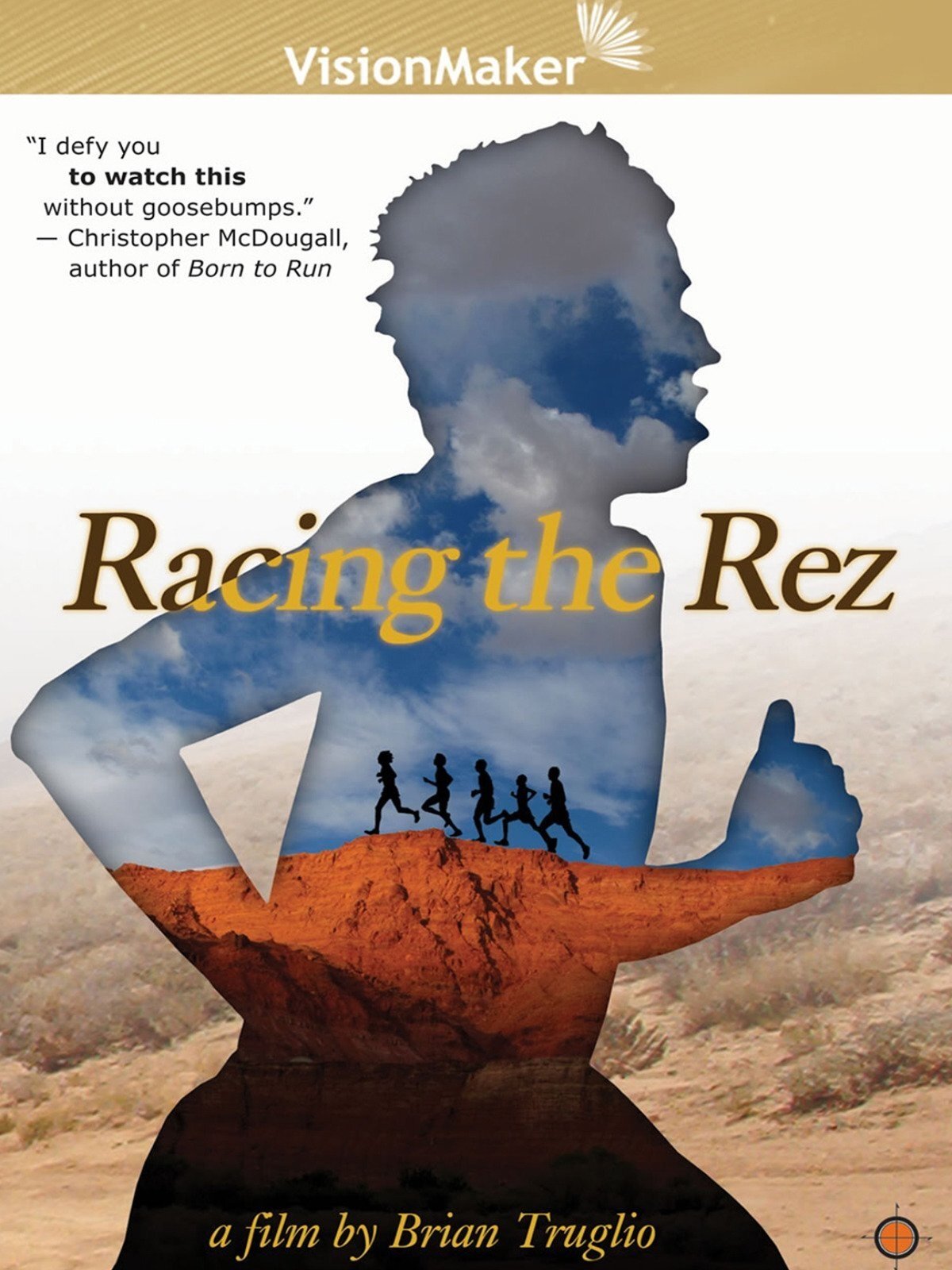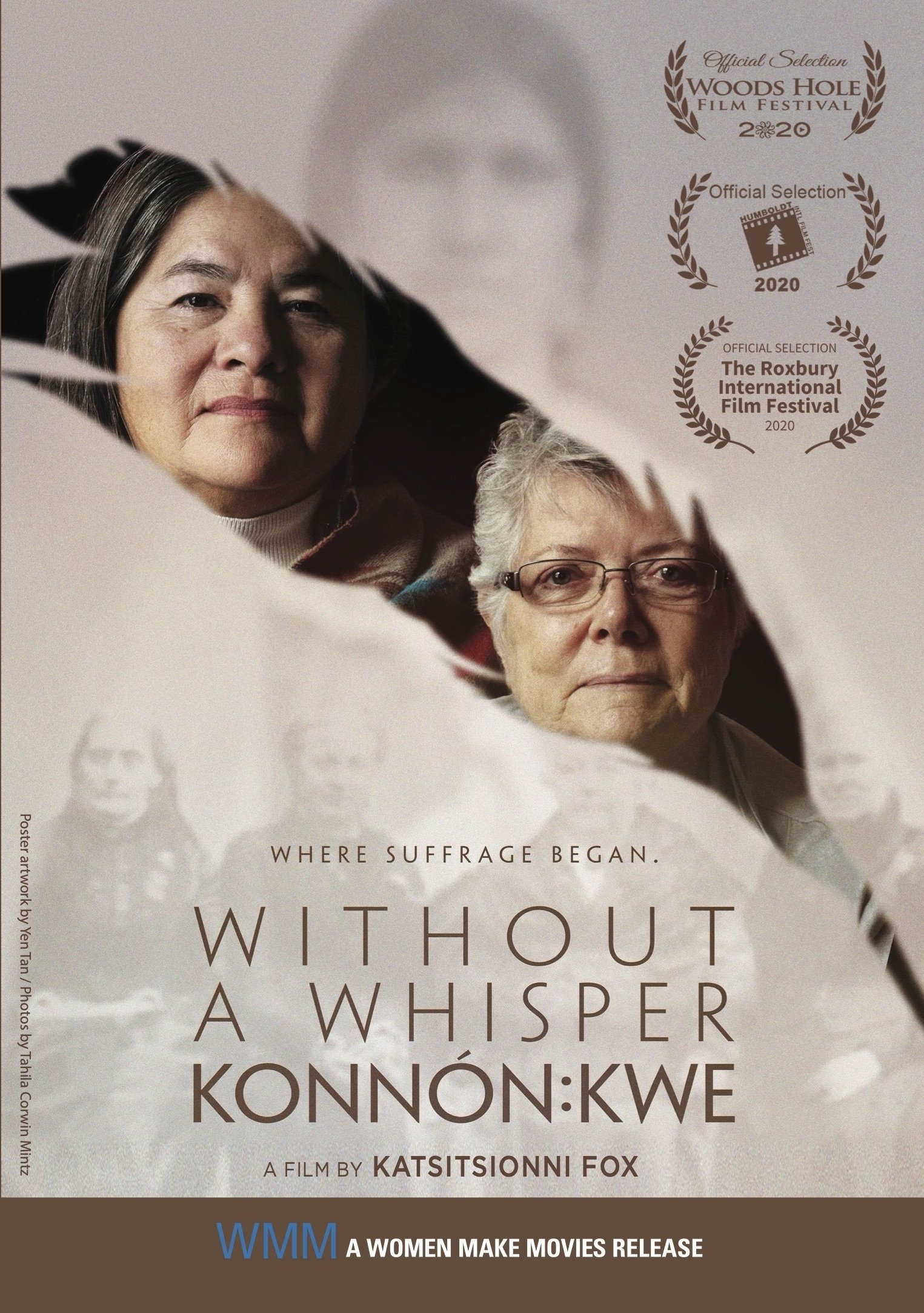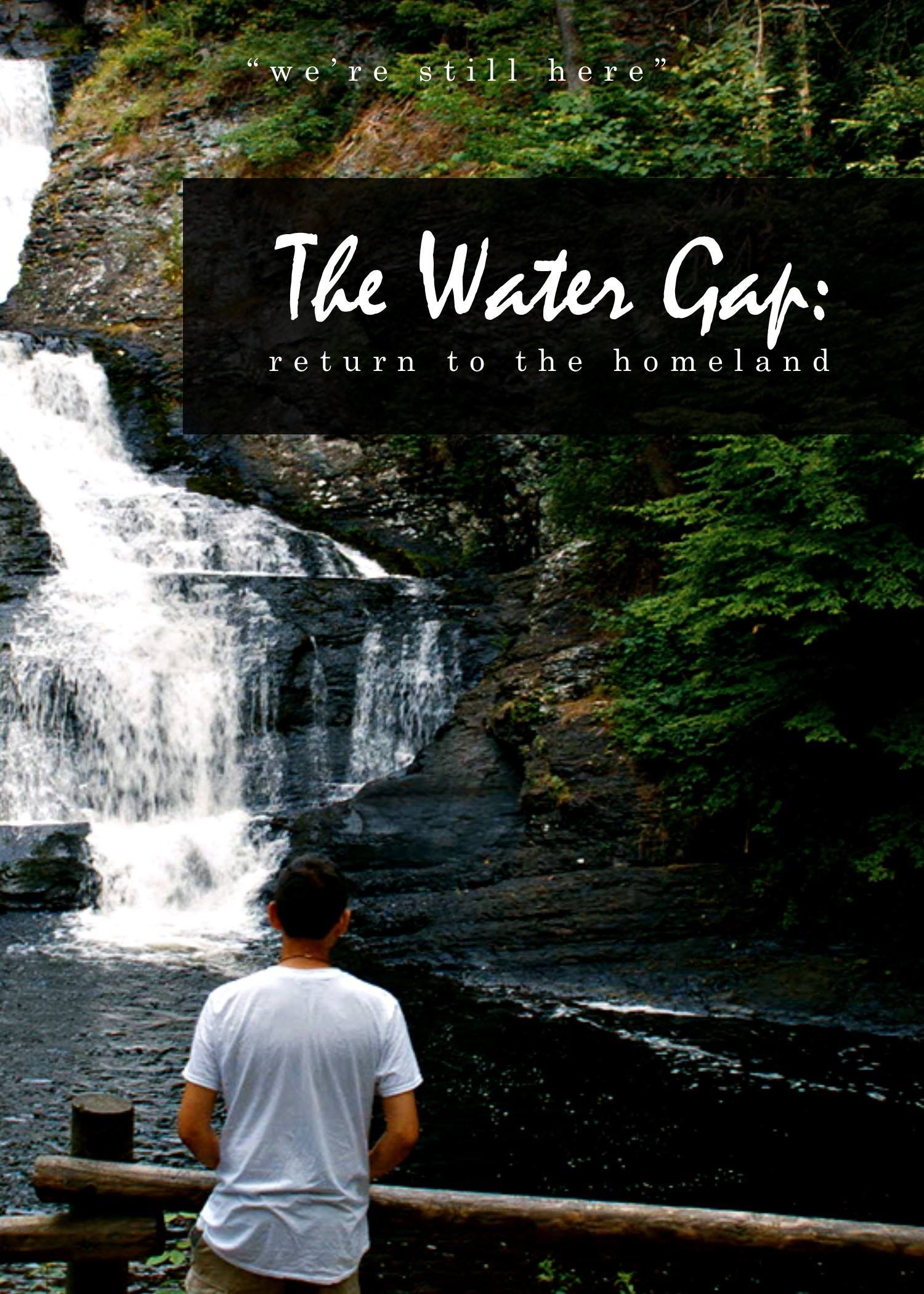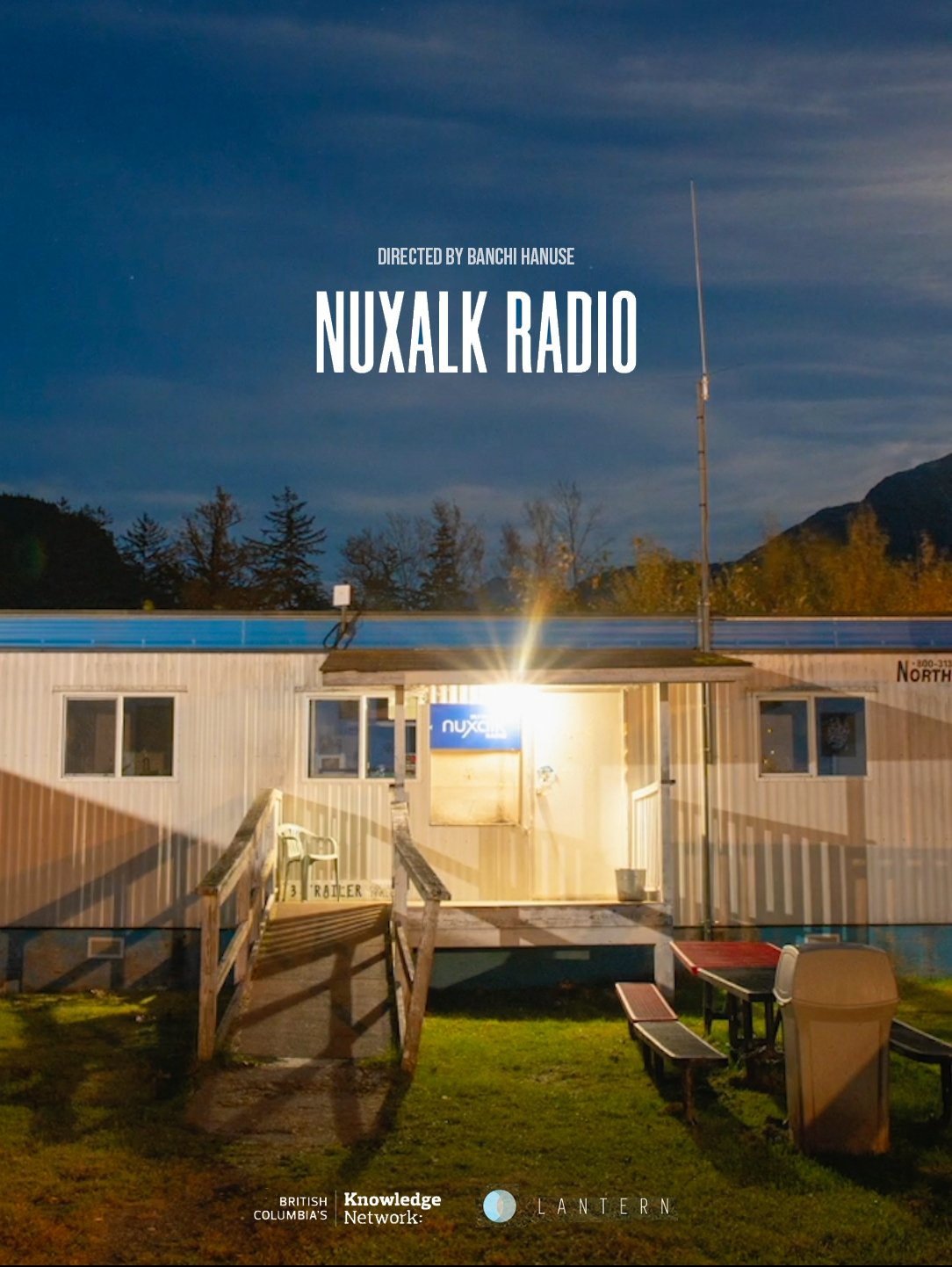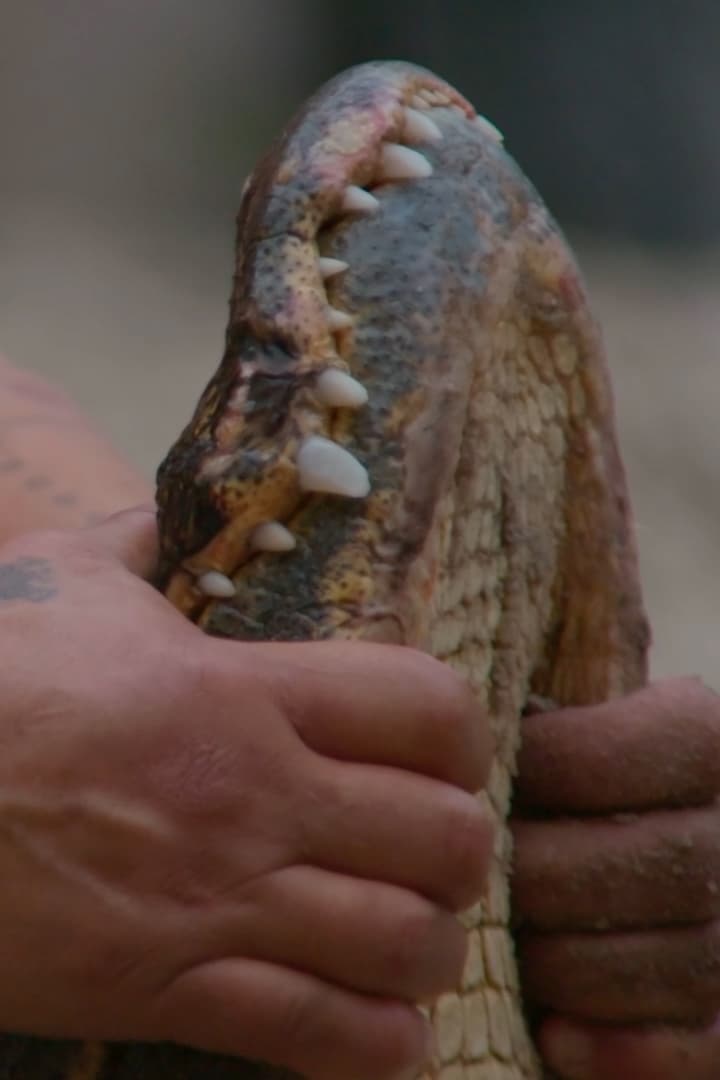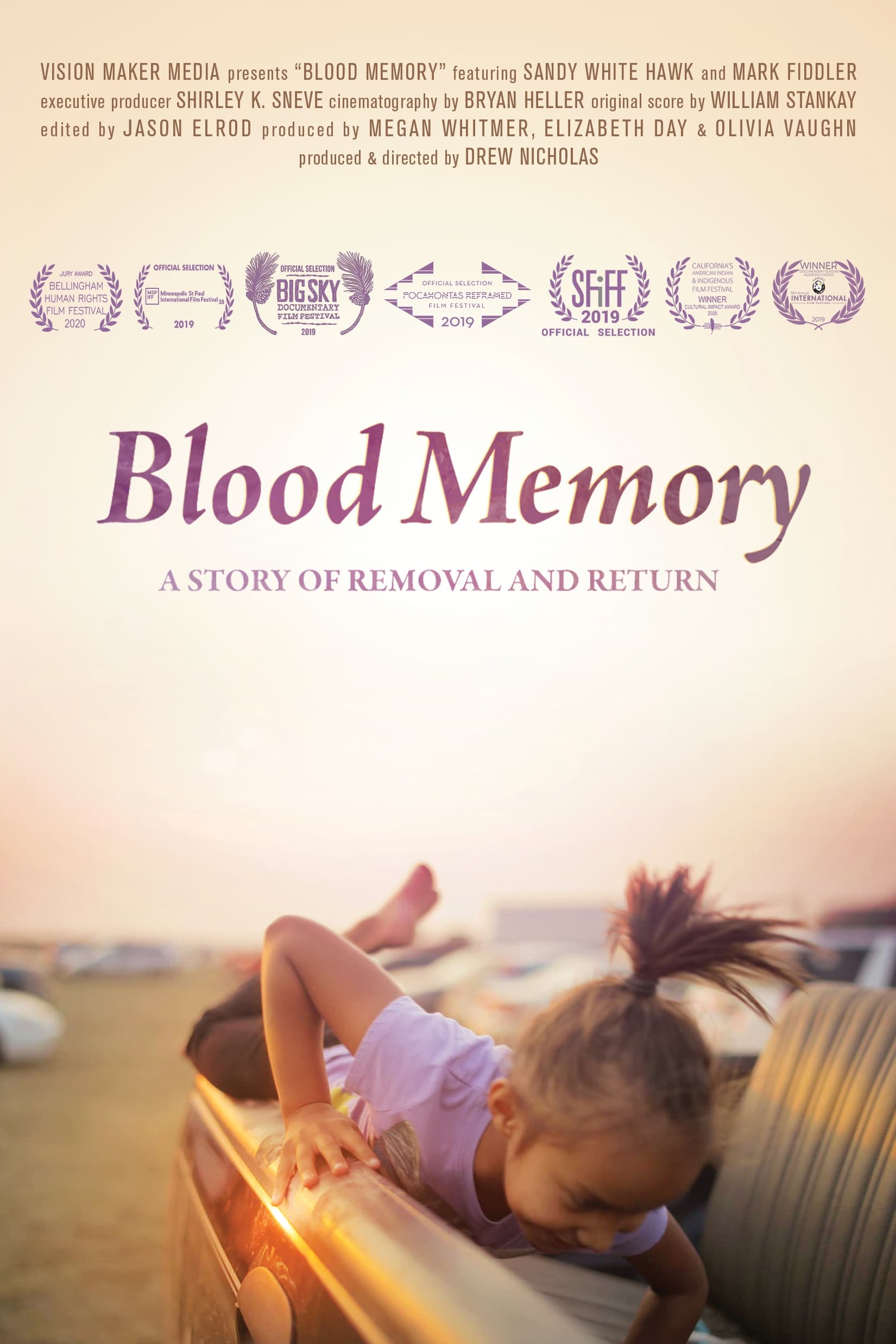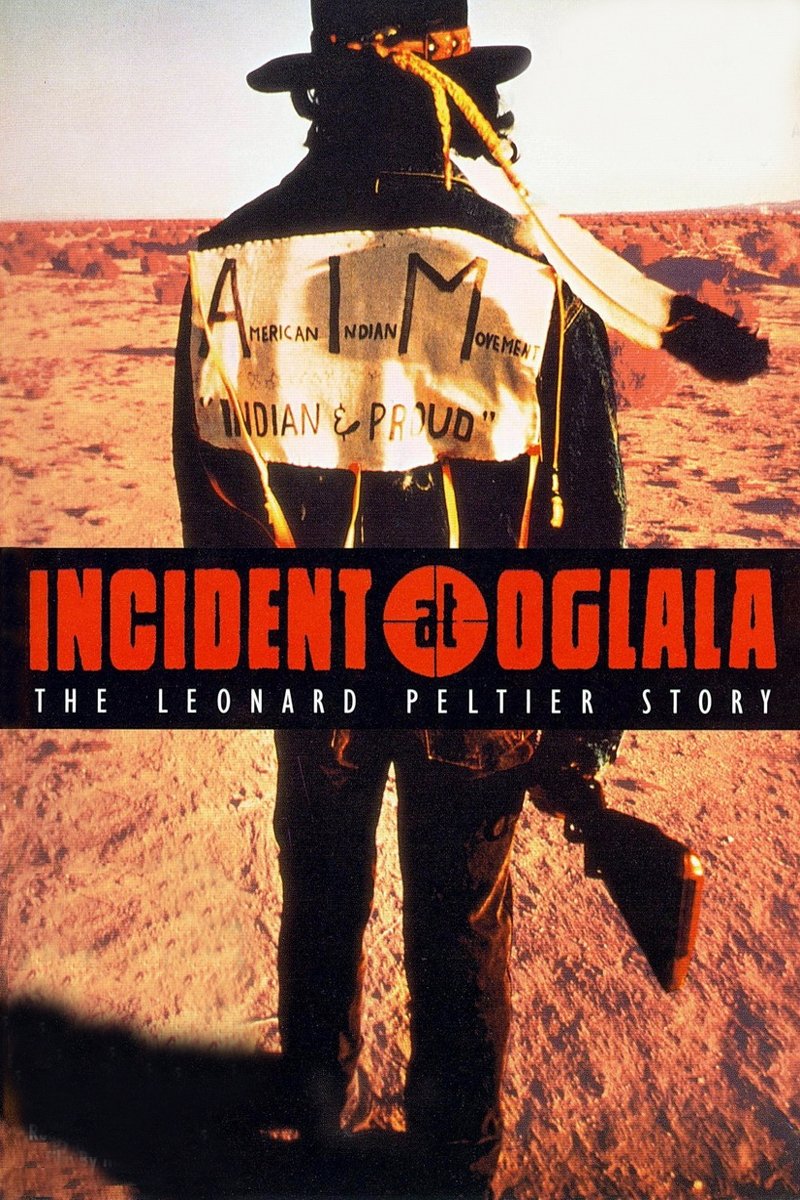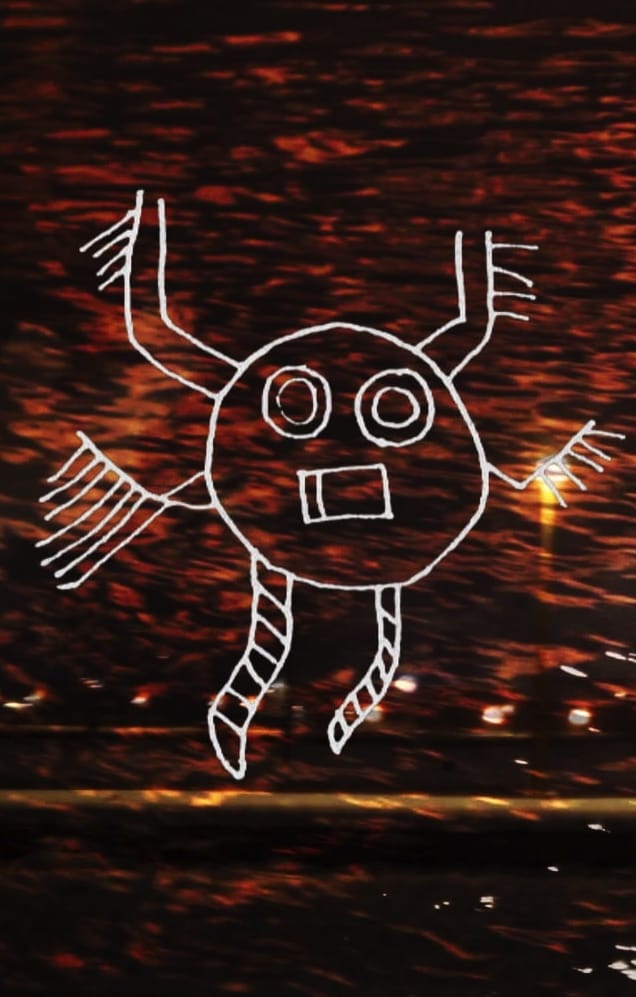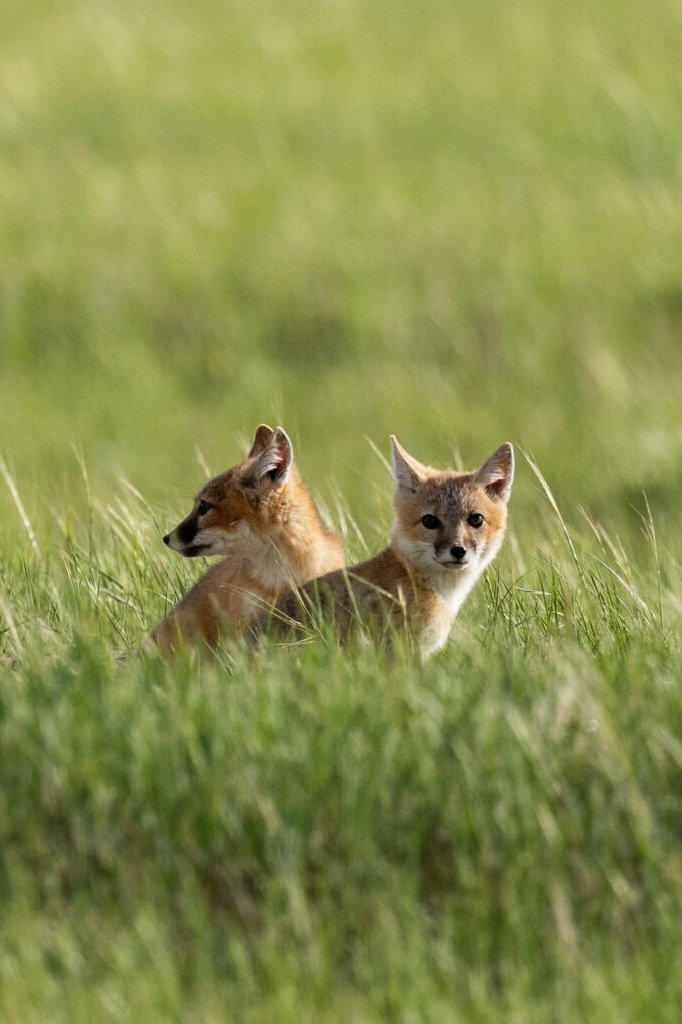America's First Nations (2008)
Overview
Before the first Europeans set foot in the Americas, the Native American tribes of the Northeast were locked in a bitter and bloody conflict. Then, a great warrior and man known as "the Peacemaker" brought the warring tribes together to found the Iroquois Confederacy--America's first democracy. Discover how this union inspired our modern government.
Production Companies
Additional Info
| Budget | $0.00 |
|---|---|
| Revenue | $0.00 |
| Original Language | en |
| Popularity | 0.288 |
Directed By
Crew
TOP CAST
Similar Movies
Words from a Bear
A visual journey into the mind and soul of Pulitzer Prize–winning author Navarro Scott Momaday, relating each written line to his unique Native American experience representing ancestry, place, and oral history.
High Steel
A dizzying view of Manhattan in the 1960s, the tallest town in the world, and the men who work cloud-high to keep it growing. They are the Mohawk Indians from Kahnawake, near Montréal, famed for their skill in erecting the steel frames of skyscrapers. The film shows their nimble work, high above the pavement, but there are also glimpses of the quieter community life of the old Kahnawake Reserve.
Inner Healing: Journey with Native Trees of Knowledge
This documentary is the story of Adrian Esposito's journey to find healing for his anger and autism by traveling across America and Canada and interviewing Native American healers and elders for their advice.
Amá
Amá is a feature length documentary which tells an important and untold story: the abuses committed against Native American women by the United States Government during the 1960’s and 70’s: removed from their families and sent to boarding schools, forced relocation away from their traditional lands and involuntary sterilization. The result of nine years painstaking and sensitive work by filmmaker Lorna Tucker, the film features the testimony of many Native Americans, including three remarkable women who tell their stories - Jean Whitehorse, Yvonne Swan and Charon Aseytoyer - as well as a revealing and rare interview with Dr. Reimart Ravenholt whose population control ideas were the framework for some of the government policies directed at Native American women.
Racing the Rez
After a narrow win hands Tuba City High School their 19th state championship, second place finisher Chinle sets out to topple their rivals and finally claim victory for themselves.
Without a Whisper - Konnón:kwe
"Without a Whisper" is the untold story of how Indigenous women influenced the early suffragists in their fight for freedom and equality. Mohawk Clan Mother Louise Herne and Professor Sally Roesch Wagner shake the foundation of the established history of the women’s rights movement in the United States. They join forces on a journey to shed light on the hidden history of the influence of Haudenosaunee Women on the women’s rights movement, possibly changing this historical narrative forever.
The Water Gap: Return to the Homeland
Three Lenape tribes send their youth to the Delaware Water Gap region to reconnect with their ancestral homelands.
Rigoberta Menchú: Broken Silence
Focuses on 1992 Nobel Peace Prize winner, Rigoberta Menchu, as she discusses the lack of human rights for the indigenous people of Guatemala and her commitment to the struggle for a more egalitarian society.
Nuxalk Radio
A day in the life of 91.1, Nuxalk Radio, a radio station built to help keep the Nuxalk language alive while broadcasting the laws of the lands and waters.
Jewel’s Hunt
Sixteen-year-old Jewel Wilson is the next generation in a long line of prolific Inupiat subsistence hunters in Unalakleet, Alaska. Her ability to hunt moose is hindered by two pressing issues – scarce wildlife and the pressures of high school life. Finding sufficient food competes with track practice and homework in Jewel’s multilayered world. Along with her father, Jewel turns to the land to feed their family and finds that their village’s way of life is endangered by the same environmental shifts that could affect us all. In hunting moose, we see that Jewel is also hunting for answers. How will her village survive if subsistence hunting is threatened? Can she honor the traditions of her Elders while navigating the pressures and anxieties of a modern, connected teenager? "Jewel’s Hunt" proves to be both physical and philosophical in this insightful exploration of what it means to come of age in complicated times in Unalakleet, Alaska.
The Sacred Food
A short documentary about the Ojibwe Native Americans of Northern Minnesota and the wild rice (Manoomin) they consider a sacred gift from the Creator. The film tells the Creation and Migration stories that are central to the tribe's oral history and belief system while showing the traditional process of hand-harvesting and parching the wild rice. Biotech companies are currently researching ways to genetically modify the rice and the community is fighting to keep it wild.
Halpate
Considered a staple of Florida tourism, alligator wrestling has been performed by members of the Seminole Tribe for over a century. As the practice has changed over the years, Halpate profiles the hazards and history of the spectacle through the words of the tribe's alligator wrestlers themselves and what it has meant to their people's survival.
Tasunke Witko
Told from the perspective of contemporary Lakota people, the film explores the life of Crazy Horse (Tasunke Witko). Viewers see the natural world of the Dakotas, Nebraska, Wyoming, and Montana that Crazy Horse knew. His spiritual nature is discussed, as are his unique qualities as a leader. The final portion of the film examines his role at the Battle of Little Bighorn, his resistance against reservation life, and his violent death at Fort Robinson in 1877. Lakota people share what Crazy Horse means in their world today. The film features original music created for this story. Sharing their insights are Lakota historians Jace DeCory, Donovin Sprague, Wilmer Mesteth and Whitney Recountre.
Blood Memory
This documentary reveals the untold history of America's Indian Adoption Era, a time when Native children were stolen from their families and forced to assimilate, the process itself designed to wipe out generations of culture.
Incident at Oglala
On June 26, 1975, during a period of high tensions on the Pine Ridge reservation in South Dakota, two FBI agents were killed in a shootout with a group of Indians. Although several men were charged with killing the agents, only one, Leonard Peltier, was found guilty. This film describes the events surrounding the shootout and suggests that Peltier was unjustly convicted.
INAATE/SE/
INAATE/SE/ re-imagines an ancient Ojibway story, the Seven Fires Prophecy, which both predates and predicts first contact with Europeans. A kaleidoscopic experience blending documentary, narrative, and experimental forms, INAATE/SE/ transcends linear colonized history to explore how the prophecy resonates through the generations in their indigenous community within Michigan’s Upper Peninsula. With acute geographic specificity, and grand historical scope, the film fixes its lens between the sacred and the profane to pry open the construction of contemporary indigenous identity.
Growing Native Great Lakes: Turtle Island
The Great Lakes and connecting waterways have remained the center of traditional and contemporary economies for centuries. Meet the Ojibwe and a tribe that was relocated to this region—the Oneida Tribe of Wisconsin who care for these lands. Natural resources are the Tribes’ main economy, including the famous Red Lake walleye and wild rice lakes.
Canyon Song
This short film follows Tonisha, Toneil and their family as they reclaim their Navajo history and reconnect with ancestors within the canyon walls.
The Return of Nóouhàh-Toka’na
Nóouhàh-Toka’na, known as swift fox in English, once roamed the North American Great Plains from Canada to Texas. Like bison, pronghorn and other plains animals, Nóouhàh-Toka’na held cultural significance for the Native Americans who lived alongside them. But predator control programs in the mid-1900s reduced the foxes to just 10 percent of their native range. At the Fort Belknap Indian Community in Montana, members of the Aaniiih and Nakoda tribes are working with the Smithsonian’s National Zoo and Conservation Biology Institute and other conservation partners to restore biodiversity and return Nóouhàh-Toka’na to the land.
